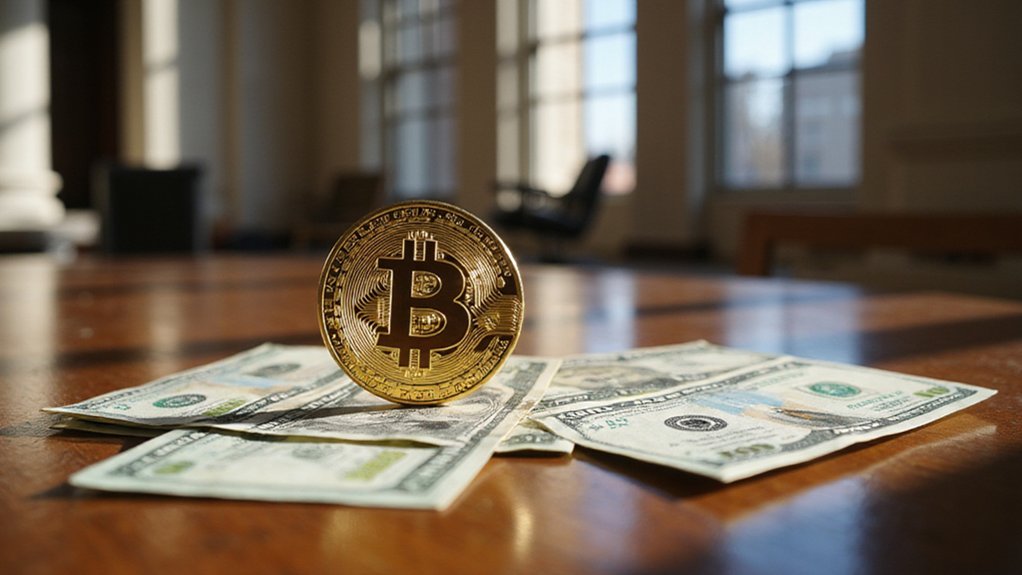In what can only be described as a calculated gambit to reshape Federal Reserve orthodoxy, President Donald Trump has nominated Stephen Miran—his Council of Economic Advisers chair and vocal defender of unconventional fiscal policy—to the Fed’s Board of Governors, filling the vacancy left by departing Biden appointee Adriana Kugler.
The nomination arrives amid Trump’s increasingly vitriolic criticism of Fed Chair Jerome Powell, whom he recently branded “a stubborn MORON” on social media for maintaining steady short-term interest rates. Miran’s appointment requires Senate approval for the temporary position lasting until January 2026, representing Trump’s inaugural opportunity to directly influence Fed policy through board composition.
Miran champions decidedly heterodox economic positions that challenge conventional monetary wisdom. He ardently supports Trump’s 2017-2018 tax cuts as growth catalysts while advocating tariffs as instruments to stimulate domestic activity and narrow trade deficits.
Perhaps most controversially, Miran argues this tax-cut-plus-tariff combination will paradoxically reduce budget deficits through accelerated growth—a theory that would make traditional fiscal hawks reach for their calculators.
His dismissal of tariff-driven inflation concerns directly contradicts Powell’s warnings, highlighting the philosophical chasm between Trump’s economic team and current Fed leadership. Where Powell exercises monetary caution amid persistent inflation risks, Miran appears poised to champion accommodative policies prioritizing growth over price stability.
Miran’s growth-first philosophy stands in stark opposition to Powell’s inflation-wary monetary conservatism, exposing deep ideological fractures within economic policymaking circles.
The appointment amplifies concerns about eroding Fed independence, that sacred institutional bulwark against political interference in monetary policy. Central bank autonomy traditionally shields unpopular but necessary decisions—like aggressive rate hikes—from electoral pressures that make politicians naturally inflation-tolerant.
Economic analysts express skepticism about Miran’s capacity to balance growth ambitions against inflation control, viewing his nomination as dangerous politicization of monetary policy. Supporters counter that his disruptive thinking challenges stagnant Fed orthodoxy, potentially revealing innovative approaches to economic management.
While Miran’s temporary tenure limits his direct influence, the precedent proves significant. His presence could fundamentally alter internal Fed deliberations on the perpetual growth-versus-stability tradeoff, potentially undermining market confidence in the institution’s autonomous decision-making capabilities. The uncertainty mirrors how cryptocurrency markets have evolved beyond reactionary fluctuations, though market resilience patterns in digital assets suggest institutions can adapt to maintain stability even amid significant structural changes.
The nomination crystallizes broader tensions over central bank policy direction in an increasingly polarized economic landscape. Miran has specifically advocated for governance overhaul at the Fed to reduce groupthink and minimize policy errors.






